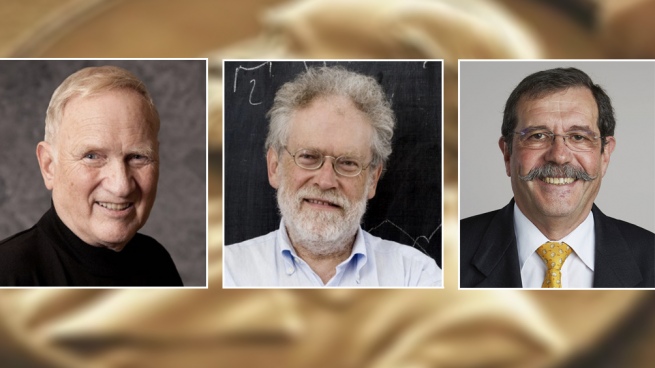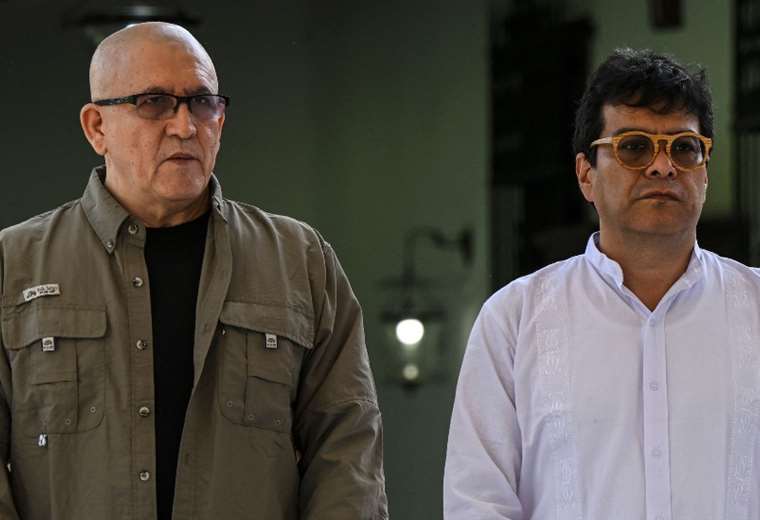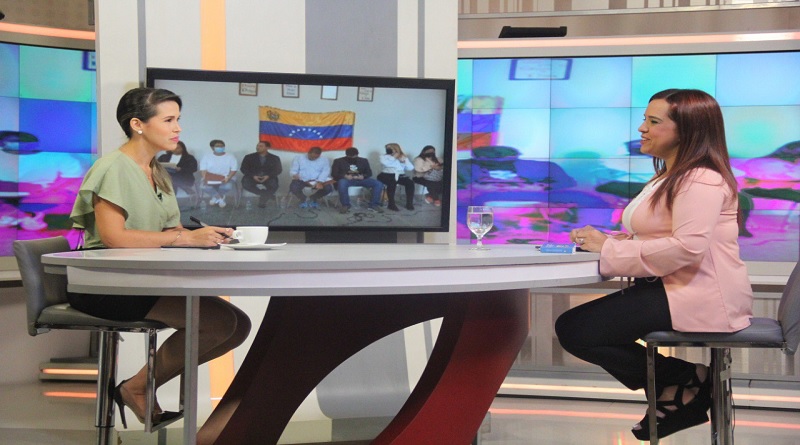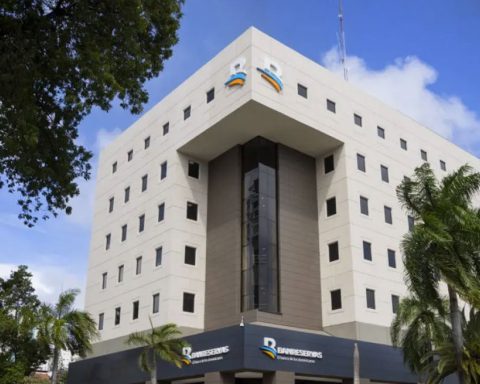Scientists Alain Aspect (France), John F. Clauser (USA) and Anton Zeilinger (Germany) received the Nobel Prize in Physics 2022 awarded by the Swedish Royal Academy of Sciences, for his contributions to the development of new technologies based on quantum information.
The three laureates “have carried out innovative experiments using ‘entangled quantum states’, in which two particles behave as a single unit, even when they are separated,” explained the Royal Swedish Academy of Sciences when announcing the award.
To understand the contributions of the winners, the physicist Federico Holik – Conicet researcher at the La Plata Institute of Physics – referred to the concept of “quantum mechanics” and its disruptive role in knowledge.
To understand the scope of the awardees’ research
“Unlike traditional mechanics, which makes it possible to accurately predict the results of experiments, quantum mechanics is probabilistic. Prior to quantum physics, the world was considered to be like a clock, that is, the planets were considered to be, the system sun, the galaxies and everything interacted mechanically in such a way that everything is determined”, he described.
And continued: “The quantum broke with this because the researchers found themselves with a world of phenomena in which the random character of the events was irreducible”.
“In this context -he explained- the theory appears about whether there would be some hidden variables that are determinant but that we cannot control because they are very complex and we do not have access to them or refined experimental conditions; the work of the Nobel Prize winners suggested that These theories were not correct.
For its part, Karen Hallberg, researcher at the Institute of Nanoscience and Nanotechnology –Bariloche Node (UE-INN-Bariloche Node, CONICET-CNEA) and professor at the Balseiro Institute (IB, CNEA-UNCUYO), explained that “with ‘quantum information’ we refer to the physical properties of a quantum system, such as atoms, electrons, or light particles called photons, properties that we can to size”.
“At the atomic scale, the laws of nature are given by what we know today as quantum mechanics. A distinctive feature is quantum entanglement: to describe the physical states of various particles (eg electrons, photons) entangled we cannot describe a each one separately, but they form a collective state, that is why they are said to be intertwined,” he explained to Télam.
And he added: “What happens to one of the particles is going to affect the others even if they are separated by great distances. Entanglement is the main characteristic that distinguishes quantum physics from classical physics and these anti-intuitive properties are very well established and understood today and are the basis of what we call quantum information.
In relation to the contributions, Hallberg explained that “the three winners carried out crucial experiments to determine the entanglement between particles and obtain the quantum information of the system”.
“In the 1970s Clauser and collaborators generated an entangled state of photons (particles of light) that were emitted by a calcium atom (after being excited by another light source). By putting on special filters he was able to measure the polarization of these photons (the polarization of the light emitted by the Ca atom) and verify that they fulfilled the laws of quantum mechanics, corroborating the existence of an entangled state”, he described.
For their part, Alain Aspect in Paris and Anton Zeilinger in Vienna “independently improved these experiments by making them more precise. In particular, Aspect succeeded in transferring the entanglement of one pair of photons to another, a property called teleportation.”
The scientist explained that the Nobel achievement was “to generate two pairs of entangled photons and then entangle the entanglement (forgive the redundancy) between them: it generated an entanglement between one particle of each pair and, as a consequence, the other two particles were automatically entangled. “.
“This is teleportation, the transfer of information from one particle to another without physical interaction,” he said, although he warned that “it is not the concept of transporting people like in the movies.”
With these highly precise works, they managed to observe entanglement unequivocally, establishing one of the pillars of quantum physics and a new era of development of quantum technologies.
The French scientist Alain Aspect, the American John F. Clauser and the German Anton Zeilinger received the 2022 Nobel Prize in Physics, awarded by the Swedish Royal Academy of Sciences, for their contributions to the development of new technologies based on quantum information pic.twitter.com/Cv5JTNWMiQ
—Telam Agency (@TelamAgency) October 4, 2022
Finally, Leandro Tosi, professor at the Balseiro Institute and CONICET researcher, leader of the Quantum Circuits group within the Devices and Sensors Group of the Bariloche Atomic Center, maintained that “this year’s Nobel Prize was something that should have happened a long time ago and I am pleased that has arrived”.
“I think we are experiencing a moment of great enthusiasm in the scientific community, that is why I say that the Nobel Prize is not accidental. We are in the era of quantum technologies, of the second quantum revolution,” Tosi said.
And he continued: “Just as the understanding of the behavior of the microscopic world gave rise to such fundamental developments as the transistor or the laser, thus changing the lives of all people forever, the application of fundamental principles of quantum mechanics such as the superposition of states or entanglement, is giving rise to new devices that do not have an analog with something everyday and in that sense it is highly disruptive”.
“I think this is going to have implications for sensing (quantum sensing), calculation (quantum computing) and communications (quantum communication), with consequences for health, food, industry,” he concluded.


















